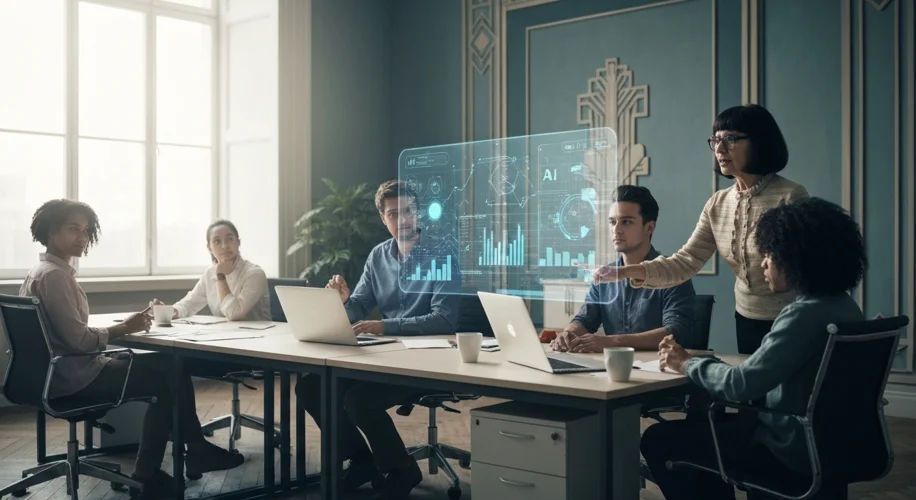Okay, so hear me out… have you noticed the buzz? CEOs are out there, pretty openly, talking about how AI is letting them trim down their workforces. It’s not just whispers anymore; it’s becoming a public talking point. As someone neck-deep in AI for my PhD, this is huge, and honestly, a little wild to witness.
Back in the day, if a company wanted to reduce staff, it was usually about restructuring, outsourcing, or just plain layoffs. Now, AI is stepping into the spotlight as a major player in that conversation. We’re talking about tools that can automate tasks previously done by humans, from customer service chatbots to data analysis and even content creation. Companies are seeing this as a way to boost efficiency and, yeah, cut costs.
It’s easy to get caught up in the hype, but let’s be real – this shift has some serious ethical questions attached. When a CEO says something like, “We’ve reduced our headcount by X% thanks to AI adoption,” it’s not just a business metric. It represents real people and their livelihoods. What happens to those individuals? Are companies investing in retraining programs or providing support for transitions?
The narrative often paints AI as this magical solution that just makes everything better and cheaper. But the human element can’t be ignored. What are the long-term consequences of a workforce that’s increasingly managed or augmented by AI? Are we creating new kinds of jobs, or are we just phasing out old ones without adequate replacements?
From my perspective, AI isn’t just a tool; it’s a fundamental shift in how we work. We’re already seeing AI models assist programmers, designers, and writers. The key, I think, will be how we integrate these technologies. Will it be about augmenting human capabilities, allowing us to focus on more creative or strategic tasks? Or will it be purely about automation and replacement?
It’s a balancing act. Companies need to stay competitive, and AI offers a path to that. But as consumers and as a society, we need to think about the kind of economy we want to build. One where technology serves humanity, or one where humanity is dictated by the efficiency of machines?
This is just the beginning, and it’s going to be fascinating, and maybe a little scary, to see how this plays out. What are your thoughts on this? How do you see AI changing the job market in the next five years?

